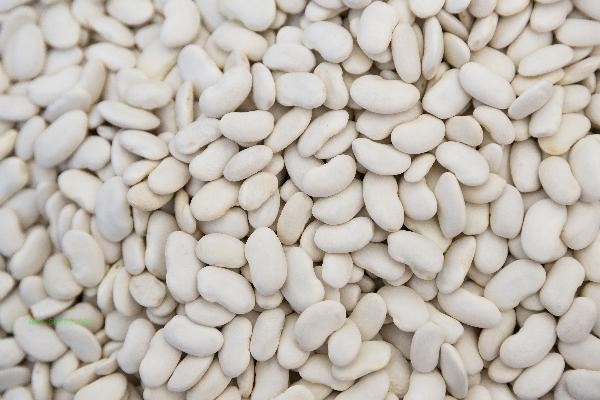Eating more soy products generally does not lead to early development. Soy products contain phytoestrogens, but the content is low and the effect is mild. Normal consumption will not interfere with children's endocrine balance. Early development may be related to various factors such as genetics, obesity, and exposure to environmental hormones. The soy isoflavones in soy products belong to phytoestrogens, and their activity is only about one thousandth of that of human estrogens. The amount of phytoestrogens in soy products consumed in daily diet is much lower than the threshold that may affect hormone levels. Multiple studies at home and abroad have shown that moderate consumption of soy products has no negative effects on children's growth and development, but can provide high-quality nutrients such as protein, calcium, and B vitamins. The Chinese Dietary Guidelines for Residents recommend consuming 15-25 grams of soybeans or equivalent soy products per day, taking into account safety factors. In rare cases, long-term excessive intake of soy protein isolate products may have potential effects on children with hormone sensitive constitution. This kind of situation is usually seen in the situation that the daily intake of more than 100 grams of soybean protein powder lasts for several months. It is difficult for traditional soybean products such as ordinary tofu and soybean milk to reach this intake. If children experience early breast development, early menarche, and other symptoms of precocious puberty, priority should be given to investigating more common causes such as high sugar and high-fat diet, exposure to plasticizers, and pituitary lesions.

It is recommended that parents maintain a diversified diet for their children. Soy products can be consumed in moderation as a high-quality source of protein, with no more than 50 grams of soy equivalent per day. At the same time, pay attention to controlling the intake of fried foods and sugary drinks, and avoid contact with plastic products containing bisphenol A. If a child is found to have early development of secondary sexual characteristics, it is necessary to promptly seek medical attention from a pediatric endocrinology department to investigate the cause, rather than simply restricting the intake of soy products.










Comments (0)
Leave a Comment
No comments yet
Be the first to share your thoughts!